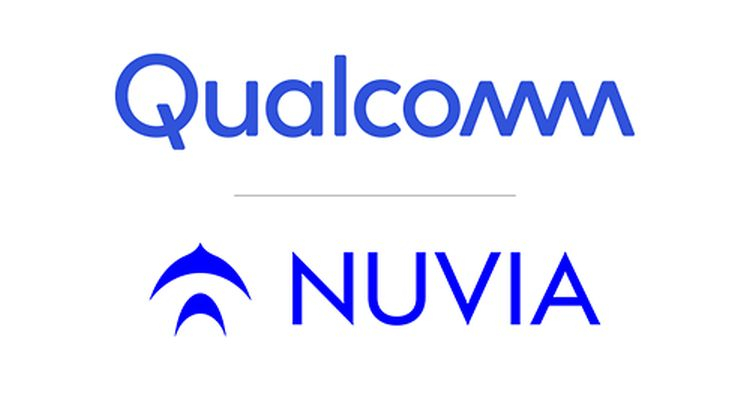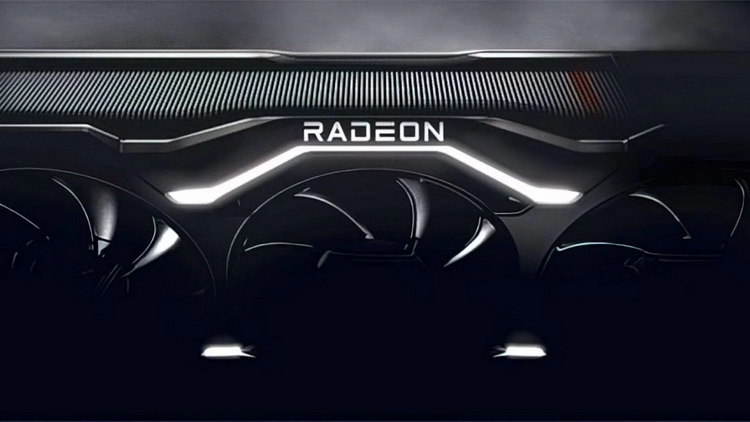
Early last year, Qualcomm bought the assets of processor developer Nuvia for $1.4 billion, which used the Arm architecture and held the relevant licenses.According to Arm itself, this deal does not give Qualcomm the right to dispose of all the licenses inherited from Nuvia.A dispute broke out between the companies, which they are trying to resolve in court.Qualcomm believes that Arm is taking revenge for its criticism of the deal with NVIDIA.Image source: Qualcomm Recall that in the spring of this year NVIDIA was forced to abandon its intentions to buy Arm, because it opposed certain regulators, British officials and a variety of companies from among its customers.Qualcomm was among them, and this summer it faced a lawsuit from the British developer, which accused it of misusing licenses for processor cores inherited from Nuvia.The latter had a license for the architecture of Arm v8, which was available to Qualcomm, but Arm did not like the logic of interaction, and she demanded that the client stop using the development of Nuvia in their products.According to Arm, after buying Nuvia, Qualcomm should have signed a new license agreement with the first of the companies.Qualcomm does not think it is right and necessary, calling Arm's claims revenge for its own position on the deal with NVIDIA, which collapsed in the spring.Arm not only demanded extra payment for Qualcomm's right to use Nuvia's designs, but also tried to obstruct the work of that client's specialists on processors that use Nuvia's intellectual property.Qualcomm representatives also added that Arm's original agreement with Nuvia did not provide for such control measures on the part of the British holding.Arm believes that after Nuvia lost its independence, all the previous agreements lost their force and the new business owners represented by Qualcomm should conclude new contracts.In general, Qualcomm should pay Arm more for ready-made solutions, and in the case of using its own developments based on the Arm architecture, the royalties are reduced.Apparently, in the precedent with Nuvia, the British developer simply does not want Qualcomm to pay him less.The victory of Arm in this court dispute, according to Qualcomm, could untie its hands in the abuse of its own powers in relations with licensees.


0 Comments